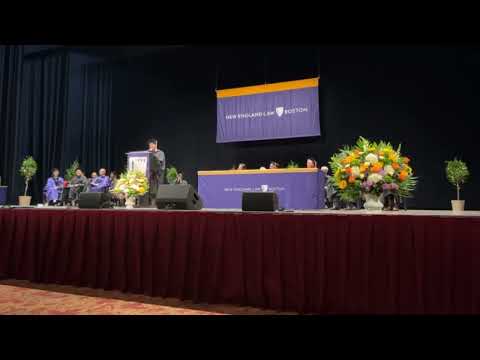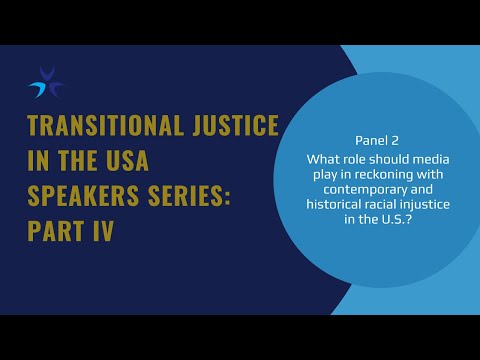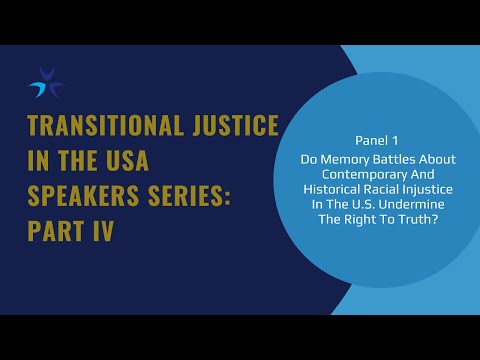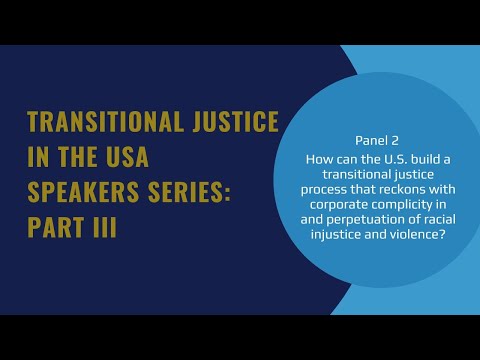94 views 12 days ago
164 views 8 months ago
515 views 8 months ago
1.3K views 8 months ago
151 views 8 months ago
177 views 8 months ago
480 views 8 months ago
93 views 8 months ago
476 views 9 months ago
1 views
10 months ago
1 views
10 months ago
1 views
1 year ago
1 views
1 year ago
1 views
1 year ago
128 views 2 years ago
611 views 3 years ago
9K views 4 years ago
484 views 5 years ago
512 views 5 years ago
464 views 5 years ago
5.3K views 9 years ago





















